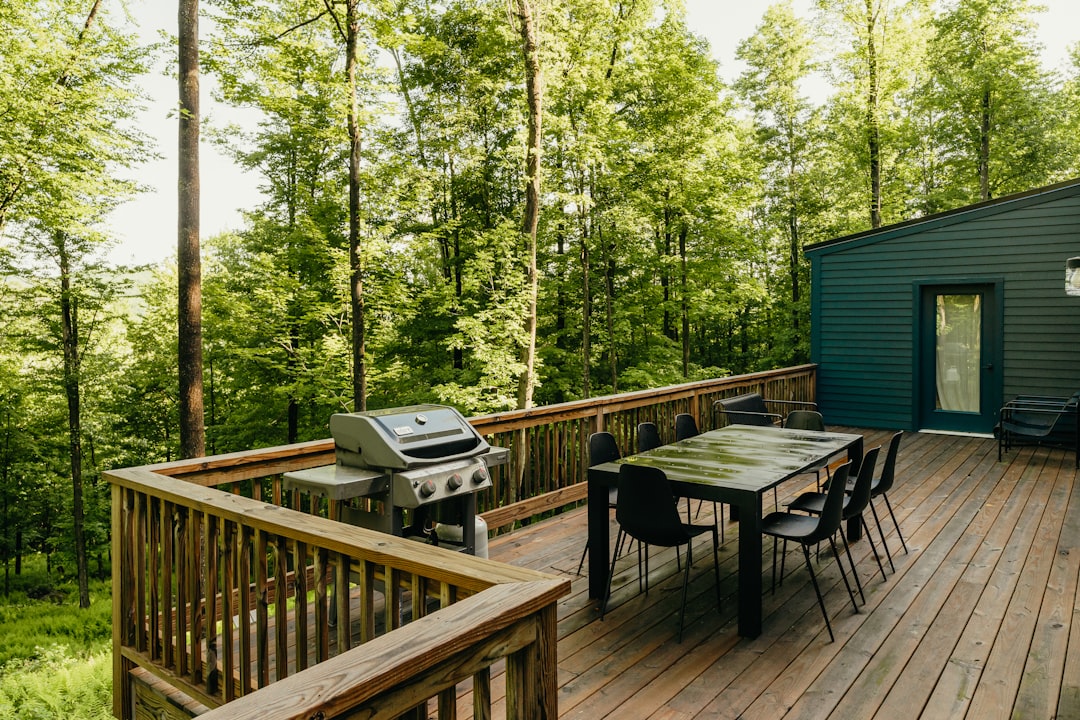The .38 Special cartridge is a revered choice among shooting enthusiasts, particularly for those who favour revolvers. Its manageable recoil and versatility make it a popular option for target shooting, self-defence, and even hunting. At the heart of this cartridge’s performance is the brass casing, which plays a critical role in ensuring reliability and safety. This article delves into the significance of quality .38 Special brass and its impact on the reloading process.
Brass casings are essential components of ammunition, as they house the primer, propellant, and bullet. The .38 Special brass is specifically engineered to withstand the pressures generated during firing, making it vital for reloaders to choose high-quality materials. Quality brass ensures that the ammunition performs consistently and safely, reducing the risk of misfires or catastrophic failures.
When reloading, the condition of the brass is paramount. Used brass can be reloaded multiple times, provided it is carefully inspected for signs of wear or damage. Reloaders should look for cracks, splits, or signs of excessive stretching, as these can compromise the integrity of the casing. Before embarking on the reloading process, it is essential to assess the 38 Special brass for any defects that could lead to unsafe conditions.
Another important aspect to consider is the thickness of the brass casing. Thicker brass can offer increased durability and longevity, allowing for multiple reloads without significant risk of failure. However, this added thickness may require more effort during resizing, which can be a consideration for those who frequently reload. Understanding the properties of different types of brass can assist reloaders in making informed decisions about the materials they choose.
Cleaning and preparation are also crucial steps in the reloading process. After firing, brass casings should be thoroughly cleaned to remove any residue from the firing process. This can be accomplished through various methods, such as tumbling or ultrasonic cleaning. A clean casing not only ensures better sealing during firing but also contributes to improved accuracy. Once cleaned, the brass should be resized and deprimed before being primed and filled with powder.
For those new to reloading, it is recommended to start with a small batch of brass to build confidence and skill. As you become more familiar with the process, you can gradually increase your output. Resources such as reloading supplies can provide you with the necessary tools and components to enhance your reloading experience.
In conclusion, understanding the importance of quality .38 Special brass is vital for anyone involved in reloading. By prioritising the quality and condition of the brass, as well as employing proper cleaning and preparation techniques, reloaders can ensure their ammunition is safe, reliable, and effective. Whether you are a seasoned reloader or just starting out, gaining knowledge about brass casing will undoubtedly enhance your overall shooting experience. Embracing the nuances of .38 Special brass will lead to better performance and greater satisfaction in your reloading endeavours.








